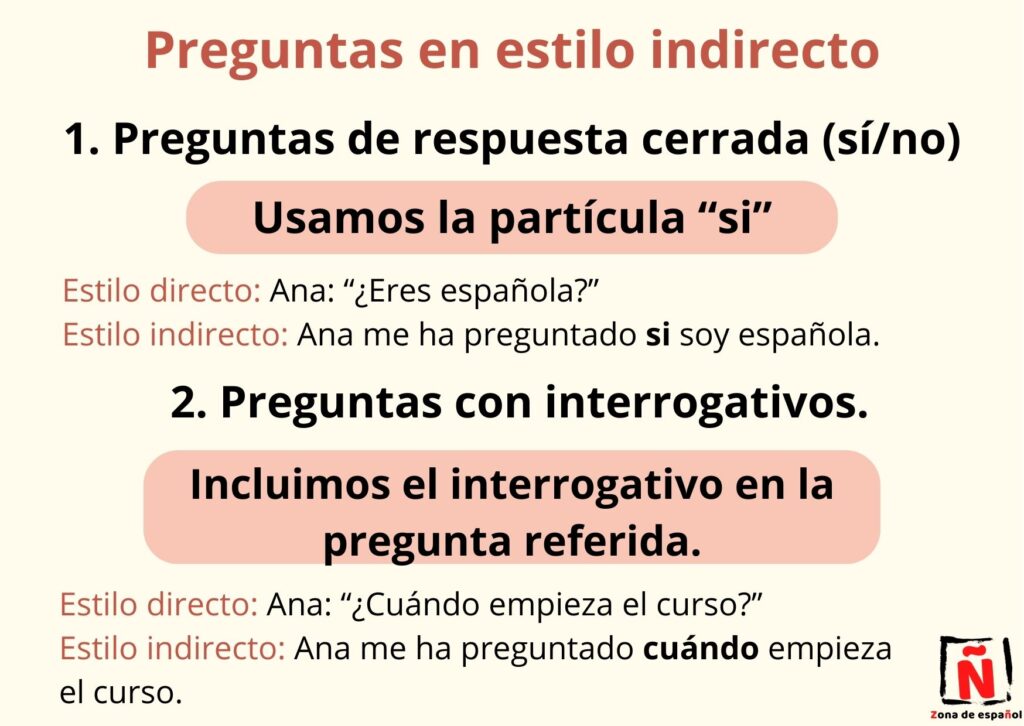Zona de Español's blog
Welcome to our Spanish corner!
The Five Best Online Spanish Courses For Foreigners
Spanish is one of the most spoken and studied languages in the world, with over 580 million speakers and official status in more than 20 countries. This has led to a growing interest in learning Spanish, especially among foreigners who want to travel, work, or live in Spanish-speaking countries. If you’re one of those people […]
How to Find an Online Spanish Tutor
In today’s globalized world, learning a new language is more accessible than ever. Spanish, one of the most widely spoken languages globally, has gained popularity among learners from all corners of the world. If you’re a foreigner looking to master Spanish, finding an online Spanish tutor can be one of the smartest decisions you make. […]
Best Online Spanish Courses: Features
In today’s post, we are going to talk about the best online Spanish courses, specifically about the features they must have to be considered of the highest quality. To begin with, it’s crucial to understand that learning a language is one of the most valuable investments in an increasingly globalized world. Both adults and children […]
Learn Spanish Fast: Strategies and Practical Tips
Learning Spanish is a challenge, but learn Spanish fast can seem like a daunting task. However, with the right strategies, dedication, and a structured approach, it is possible to achieve a good command of the Spanish language in a relatively short time. First of all, you should keep in mind that not everyone learns at […]
Master Spanish Pronunciation: Key Tips for Fluency
Improving your Spanish pronunciation is fundamental for effective and fluent communication. Although Spanish is known for its relatively regular pronunciation and consistent phonetic rules, many students face specific challenges, especially those whose native languages are phonetically different. In this article, we’ll explore strategies and techniques to improve your Spanish pronunciation. 1. Active Listening Listen to […]
Mistakes When Learning Spanish: 10 Common Errors
Learning a new language is a rewarding challenge, and Spanish is no exception. Despite its status as one of the most widely spoken languages in the world, and its relatively accessible grammar, learners often stumble upon recurring mistakes when learning Spanish. These errors can slow progress, but recognizing them is the first step toward improvement. […]
Learning Spanish: 8 Benefits
Learning Spanish is a highly enriching experience as well as an entertaining activity. Among the many languages one can learn, Spanish stands out not only for its beauty and cultural richness but also for the numerous benefits it offers in various aspects of life, which we will discuss below. A Global Language Spoken by Millions […]
Spanish online lessons for free
Do you want to learn Spanish? Come and discover our online Spanish academy completely for free! We’re launching a special promotion for a limited time. Starting today, you can try our online Spanish classes for all levels. You just have to fill out the contact form that you will find at this link and send […]
Reported Speech in Spanish
In today’s post, we are going to continue learning grammar in Spanish. We are going to learn reported speech, but what is it? The indirect style or reported speech in Spanish is the transmission of words that other people have said or that we ourselves have said to another person. In contrast, direct style reproduces […]









